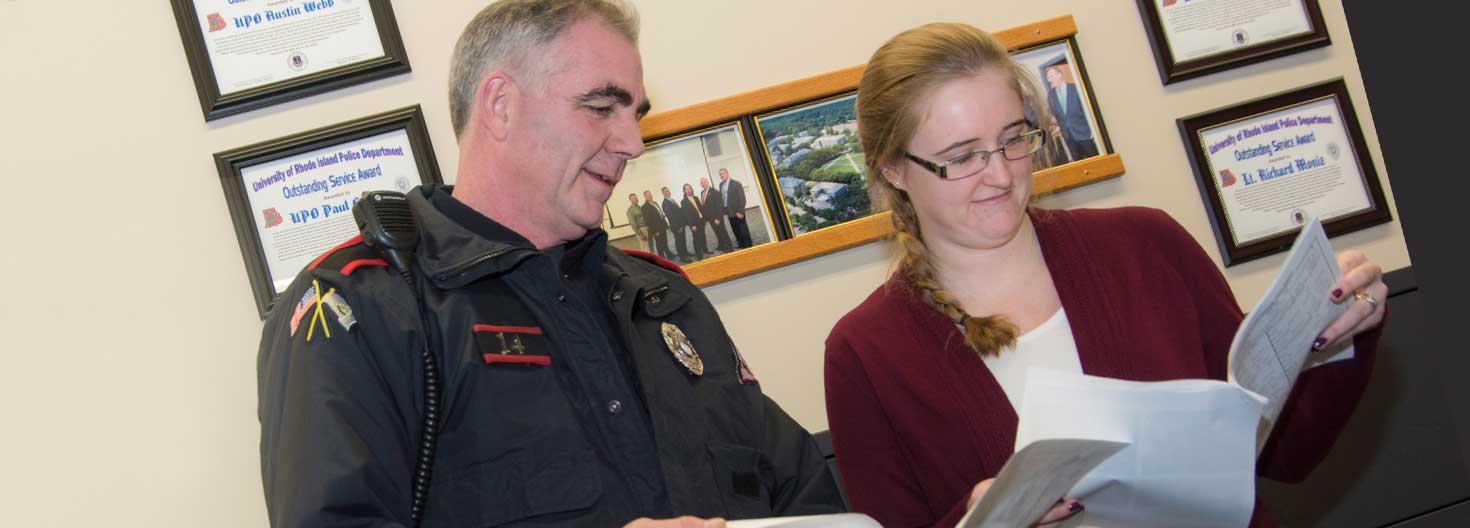There’s a new major in town. Beginning in the fall, an interdisciplinary major in criminology and criminal justice will be available, with courses from the sociology, political science, psychology, gender and women’s studies, economics, and chemistry departments. Depending on students’ areas of interest, they can choose classes in law and the legal system, behavioral psychology, sociology, human trafficking, and forensics/criminalistics, among others.
“An interdisciplinary program makes so much sense,” said Associate Professor Jill K. Doerner, interim director of the new program. “If you look at the entirety of the criminal justice system, there are distinct parts that all must work together. We want the student who is interested in becoming a police officer or FBI agent, but we also want the student who is interested in victims’ advocacy, counseling, and rehabilitation, prison literacy programs, prison sentencing and support systems for those released from correctional systems.”
Although the criminology and criminal justice major is new, hundreds of URI students have earned bachelor’s degrees in applied sociology with a focus on criminology and criminal justice. “We have 300 majors in the applied sociology track right now,” said Doerner, who along with Professor Leo Carroll began putting the new program together three years ago.
“We want the student who is interested in becoming a police officer or FBI agent, but we also want the student who is interested in victims’ advocacy, counseling and rehabilitation, prison literacy programs, prison sentencing and support systems for those released from correctional systems.”
First-year students entering in the fall can enroll directly in the new major, while those already enrolled at URI can finish their bachelor’s degree in applied sociology, or switch into the new program if it makes sense, and is feasible, for them.
“The aim of (the original applied sociology) program was to capitalize on students’ interests to provide them with a solid and well-rounded liberal arts education that will prepare them for any number of career opportunities both within and outside the criminal justice system,” Carroll said. “The new program retains that goal and will actually be more interdisciplinary.”
Jason Bender will graduate in May with degrees in applied sociology and history. “I am glad that URI is strengthening its criminal justice focus,” he said, “but it should retain its strength in criminology because that helps us understand the theory, why crimes happen, what causes individuals to deviate. Studying social inequality is a great base of study for someone who wants to go into law enforcement.”
Junior Mary Powers is in the applied bachelor of science degree program in criminology and criminal justice. She has completed an internship with the Rhode Island State Police and now works with the Probation and Parole division of the Rhode Island Department of Corrections.
“I have taken outstanding courses with great faculty,” she said, “but the new major will provide a more focused approach.”
Pictured: URI Police Officer Paul Hanrahan and junior Mary Powers.

